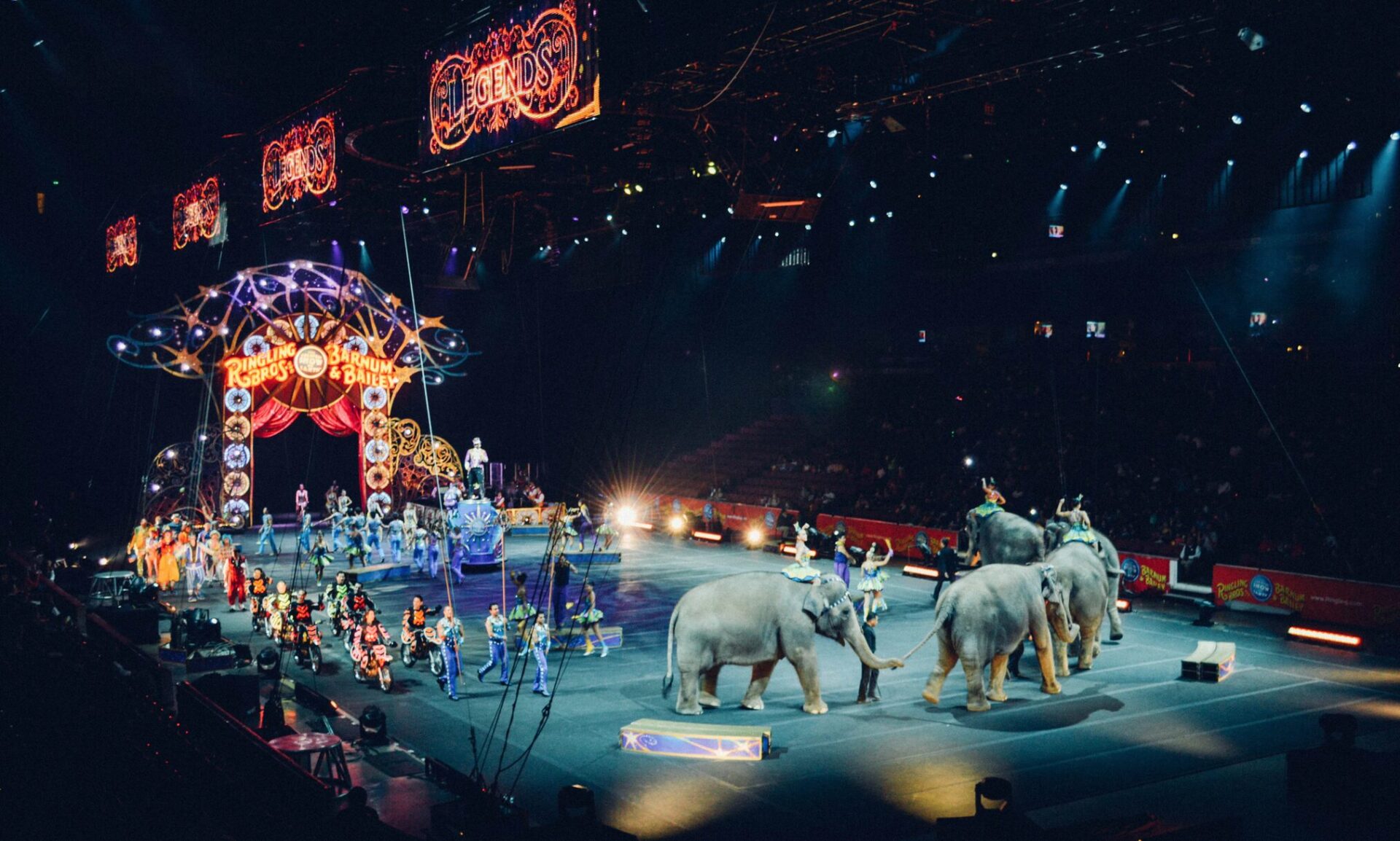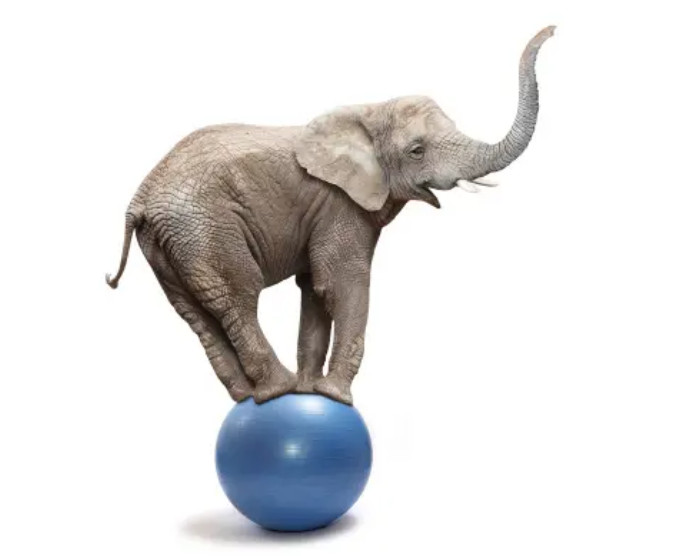An ordinance that would ban traveling acts with specific wild animal species was proposed to the Greenwich Board of Selectmen on Thursday.
Annie Hornish, who is the Humane Society’s Connecticut Senior State Director, was joined by Laura Hagen who is the Human Society’s Director of Trafficked Wildlife.
Their proposed ordinance prohibits traveling acts for performances. The text defines traveling and what it means for an animal to perform. There would be an exemption for fixed facilities that keep animals but don’t travel with them.
“It only impacts things you commonly see as circuses or traveling shows or acts that will come to fairs and that type of thing,” Hagen explained.
She explained that decades of research revealed a wealth of information about the rich and varied lives of wild animals used in circuses. She said everything from sloths to tigers, bears and elephants have been used in traveling shows. The animals from the wild would naturally lead dynamic and autonomous lives.
“It’s clear that life in a traveling show is nothing but misery for these animals,” Hagen said.
Ms Hagen described how life in a traveling show involves “packing them up and hauling them from place to place and forcing them to perform and maybe interact with the public.”
She said nowadays people don’t want to see these shows in their communities, and the desire has translated into public policy. Eight states and 200 + localities across the country have already banned these type of acts, including Stamford and Bridgeport in Connecticut and both New York City and Suffolk County on Long Island.
“We see the market shift acknowledges that these acts belong in the past,” Hagan continued.

Ringling Bros and Barnum & Bailey Circus ceased operations in 2017 and resumed in 2023 without animals.
For example, Ringling Bros and Barnum & Bailey Circus, who performed with wild animals for over 150 years, have dropped all their animal acts.
Indeed, “The Greatest Show on Earth,” ceased operations in 2017, in response to changing audience tastes and controversies over their treatment of animals. The circus resumed performances, without animals, in 2023.
Still, Hagen said there was more work to be done. Despite legislation, exhibitors use wild animal acts and the “cruel tools of the trade” and they continue to come to Connecticut.
In 2021 she said a notorious tiger exhibitor was performing at a fair in Connecticut and some of the smaller exhibitors tour with animals that can transmit hundreds of diseases to the public.
“They go to places like schools or fairs or other small outlets,” Hagen said. “While states and localities are taking action on the issue, it’s important to close every door that remains open to these types of exhibits.”
Wendy Dziurzynski, who was attending the meeting for another item, said she had lived on Arch Street in the 1980s recalled the circus set up with carts holding tigers in Havemeyer field.

On Friday’s Ask the First radio show lifelong Greenwich resident David D’Andrea called in to say he had attended the traveling circus in Havemeyer field in the 1970’s.
“It was really nice. It was well attended,” D’Andrea said. “It was a benefit for Greenwich Library.”
While over 40 countries have banned the use of wild animals in circuses, thousands of animals around the world are still used in circuses today.
At Thursday’s meeting, there was some discussion about whether a Greenwich resident had a private zoo. The Humane Society representatives said even if there was a private zoo, the language of the proposed ordinance has an exemption for fixed facilities.
Thursday’s discussion was a first read.
See also:
Residents Complain about Noise from Aquarion Night Time Work on Greenwich Ave